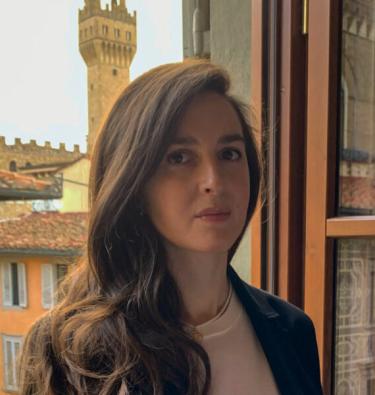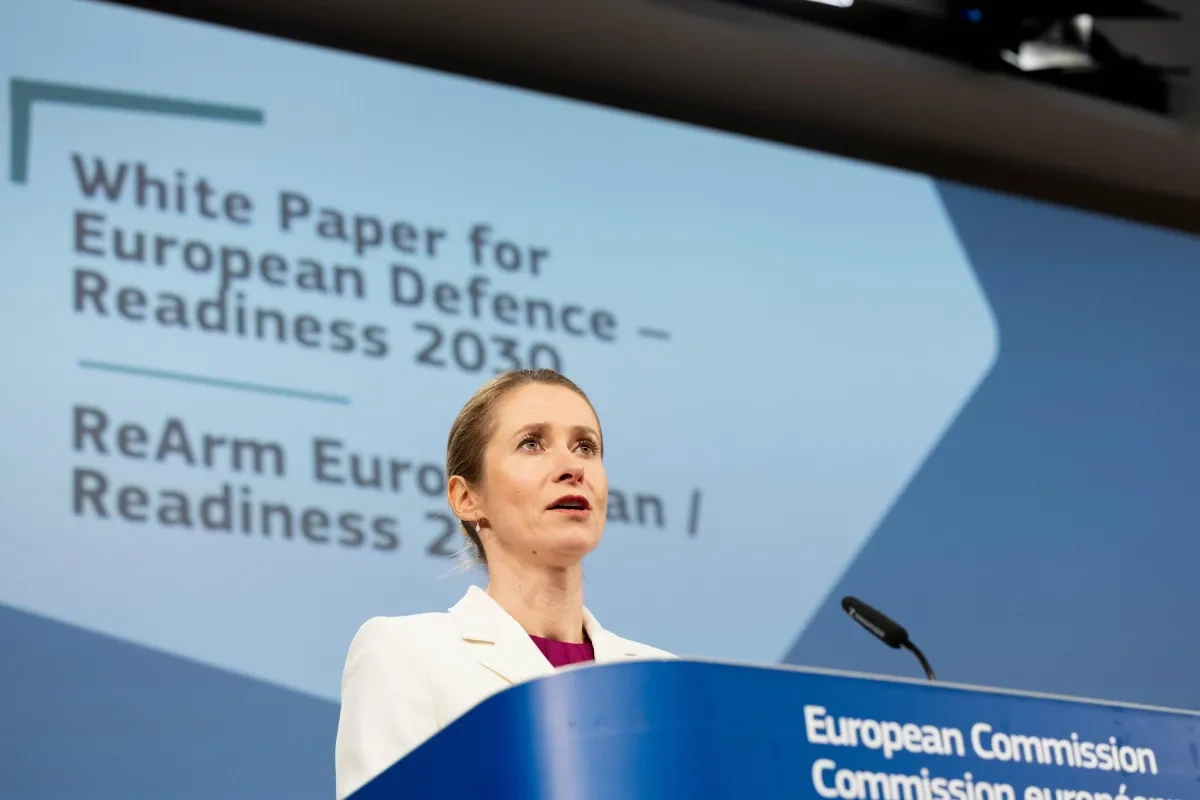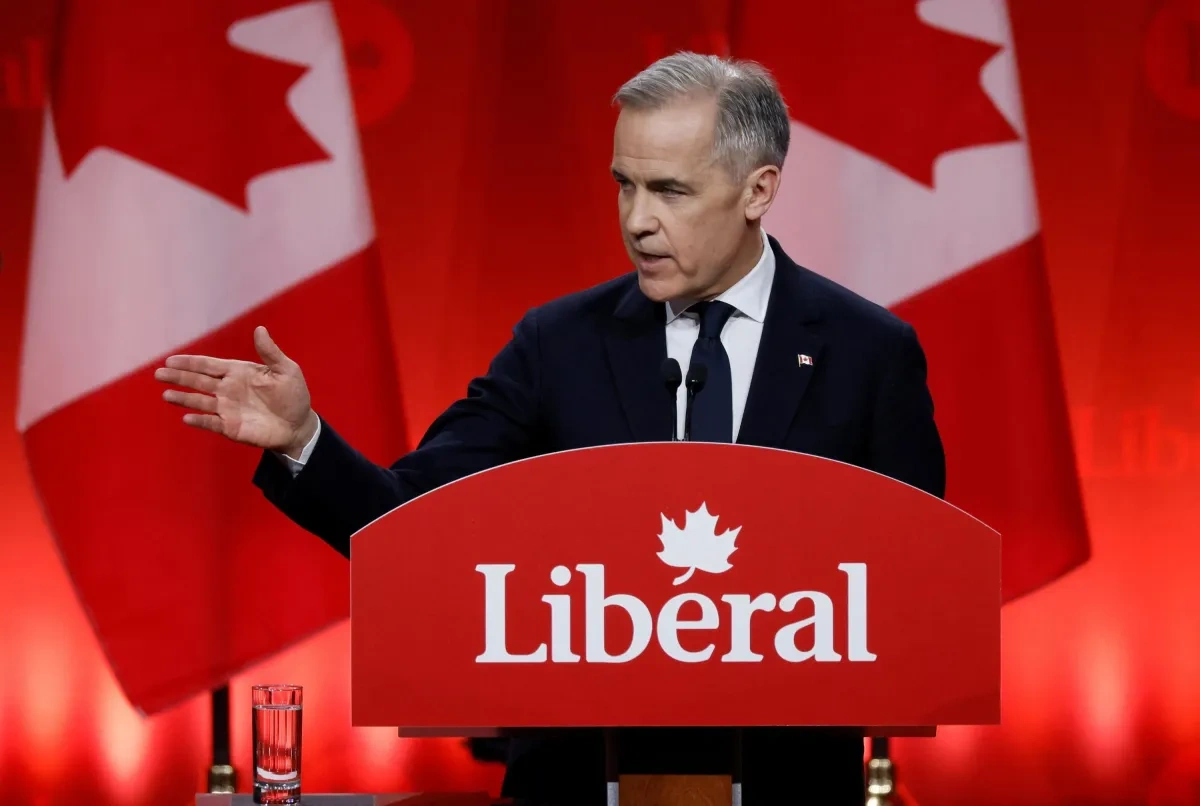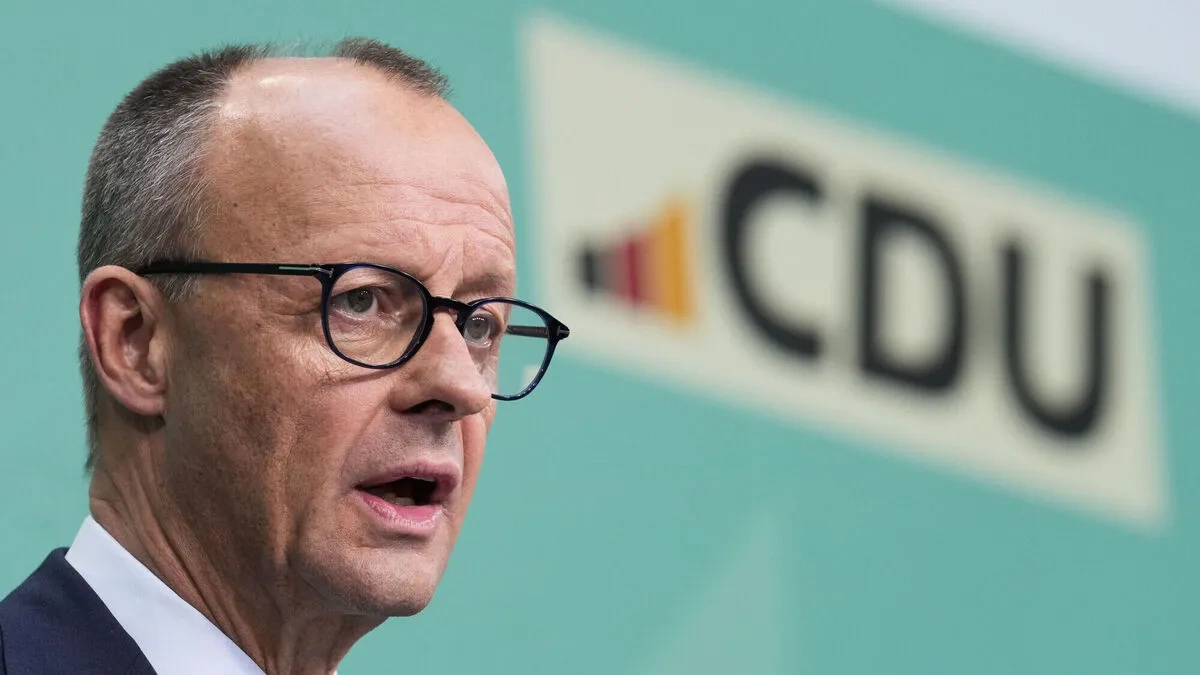
Report prepared by Federica Fazio and Pedro Sanz Díaz
On 27 February 2025, the Dublin European Law Institute (DELI) held a high-level conference to mark the third anniversary of Russia’s full-scale invasion of Ukraine and explore the Council of Europe’s contribution to peace, justice, and accountability. DCU Deputy President, Professor Anne Sinnott, opened the event by highlighting DCU’s involvement in the Open Council of Europe Academic Network (OCEAN) and commending DELI’s research on European law and politics.
Building on these opening remarks, Irish Minister of State Thomas Byrne TD acknowledged Ukraine’s immense suffering since 2022 and praised its people’s resilience. While reaffirming Ireland’s military neutrality, he emphasized that the country has never been politically neutral in the face of international law violations. Ireland’s support for Ukraine has included €380 million in humanitarian, stabilisation, and non-lethal military assistance, as well as advocacy for Ukraine’s EU accession. He stressed that any lasting peace must respect Ukraine’s sovereignty, backed by justice mechanisms such as investigations by the International Criminal Court (ICC) and a special tribunal for the crime of aggression.
Further reinforcing the urgency of these measures, Ukraine’s Deputy Ambassador of Ukraine to Ireland, Dmytro Shchedrin, underscored Russia’s actions as a threat not only to Ukrainian sovereignty but also to fundamental democratic values. He highlighted the 2023 Reykjavik Summit, where the Council of Europe Contracting States declared that lasting peace is impossible without accountability. He cited initiatives like the register of damages and the proposed special tribunal for aggression, noting that the Council’s 2024 decision to draft a bilateral agreement with Ukraine signals a commitment to justice.
The next part of the event featured a keynote address by H.E. Bjorn Berge, Deputy Secretary-General of the Council of Europe. Berge commended Ireland for its continued solidarity with Ukraine and highlighted Europe’s central role in shaping a peaceful resolution that respects Ukraine’s territorial integrity and aligns with the UN Charter. He lauded the Council’s support, including the Register of Damage and potential claims commission to compensate victims.
The morning continued with Dr. Tanya Ní Mhuirthile, Head of the School of Law and Government, introducing a panel discussion focused on Russia's membership in the Council of Europe and its implications. Dr. Ed Bates from the University of Leicester examined Russia’s failure to adhere to democratic norms while a member of the Council of Europe, noting that Russia's relationship with the organisation had long been fraught with tensions. Prof. Kanstantsin Dzehtsiarou, from the University of Liverpool, offered insights into the legal ramifications of Russia’s expulsion from the Council of Europe, arguing that while the expulsion process did not follow all the legal norms, it was necessary due to Russia’s blatant violations of international law. Finally, DCU’s Dr. Andrew Forde continued the discussion by analysing the broader lessons learned from Russia's expulsion. He stressed that the Russian invasion of Ukraine highlighted significant structural flaws within the Council of Europe, particularly its reliance on political will from member states, which had failed to act decisively when needed. Forde also called for a re-evaluation of the Council’s mechanisms and stronger measures to prevent such violations from taking place in the future.
After the first panel of the day, it was the turn of Prof. Síofra O’Leary, Former President of the European Court of Human Rights (ECHR), who discussed the Court's ongoing role in addressing the human rights violations stemming from the conflict. Prof. O’Leary outlined the Court’s approach to interstate cases stemming from Russian aggression, highlighting complex legal challenges and the sheer volume of pending applications. She stressed that, although the Court aims to protect fundamental rights, it is not empowered to address allegations of war crimes or aggression beyond the scope of the European Convention.
The morning session ended with a speech by Prof Jörg Polakiewicz, Legal Adviser and Director at the Council of Europe. Polakiewicz provided an update on efforts to establish a special tribunal for aggression, noting shifting political dynamics and a new “Council of Europe model.” This arrangement involves a bilateral agreement between Ukraine and the Council, plus additional mechanisms for financing and administration. He expressed optimism that anchoring the tribunal in the Council of Europe would enhance its legitimacy and complement the ICC’s work.

The second panel of the day, moderated by Dr. Andrew Forde, took over from Prof. Polakiewicz’s insights and delved deeper into the complexities involved in the creation of a Special Tribunal for the Crime of Aggression against Ukraine within the framework of the Council of Europe. Dr. Kateryna Busol, Ukrainian lawyer, Associate Professor at the Kyiv-Mohyla Academy, and Legal Advisor to the International Centre for Transitional Justice, made a compelling plea about the importance of incorporating the victims’ account of their own suffering in any transitional justice efforts. Mr. Declan Smyth, Legal Advisor at the Irish Department of Foreign Affairs, stressed Irish Government’s support for the creation of a special tribunal, emphasising the ICC’s lack of jurisdiction over the crime of aggression in Ukraine’s specific situation. Subsequently, Professor Shane Darcy, Deputy Director of the Irish Centre for Human Rights, highlighted some of the great challenges involved in the creation of a special tribunal to adjudicate on the crime of aggression, such as immunities or in absentia trials, as well as its unprecedented nature. The panel was closed by Dr. Anton Korynevych, Agent of Ukraine before the International Court of Justice and one of the participants of the core group currently discussing the creation of the special tribunal, who expressed his optimism about establishing it already in 2025.
After the lunch break, it was the turn of Prof. Michael O’Flaherty, Council of Europe Commissioner for Human Rights, who urged “persistent and full engagement” in accountability processes by regional and international human rights mechanisms. Mr. O’Flaherty vigorously outlined a “human rights path to peace” which should include strengthening Ukraine’s justice system, democratic institutions, and protection of displaced populations, among other fundamental human rights issues.
The final panel, “Securing Peace and Justice in Ukraine in a Divided World,” chaired by Prof. Fabbrini, featured three Ukrainian experts—Zera Kozlieva, Dr. Tetyana Lokot, and Dr. Svitlana Starosvit. Ms. Kozlieva, Legal Director of NGO Truth Hounds, revealed that her organization has documented over 157,000 international crimes in Ukraine, including civilian torture, illegal child deportations, and bombings of populated areas, underscoring that these systematic violations reflect deliberate Russian military policies and that impunity only spurs further atrocities. DCU’s Prof. Lokot examined the battle over the conflict’s narrative in digital and traditional arenas, emphasizing the need to validate the firsthand experiences of those affected. Dr. Starosvit, ASIL International Law Fellow, criticized how international law is being manipulated—highlighting that Russia exploits legitimate claims of Western bias to distort Ukraine’s reality—a narrative gaining traction in the Global South and academia. Collectively, the panel stressed that accurate storytelling and robust accountability are essential for achieving lasting peace and justice in Ukraine.
Finally, Poland’s Deputy Minister of Justice, Dariusz Mazur, closed the conference by calling for unified international efforts to uphold the rule of law and protect human rights, underscoring that coordinated action remains vital to securing peace and justice in Ukraine.

Federica Fazio is a PhD Candidate in the School of Law and Government at Dublin City University. Her research interests lie at the intersection of international law and international relations, with a substantive focus on transatlantic security and defense and EU-NATO relations.

Pedro Sanz Díaz is a PhD candidate at the School of Law and Government of Dublin City University. His main research interests include international and European migration law, with a specific focus on undocumented migrants’ access to human rights, and anti-discrimination law.



